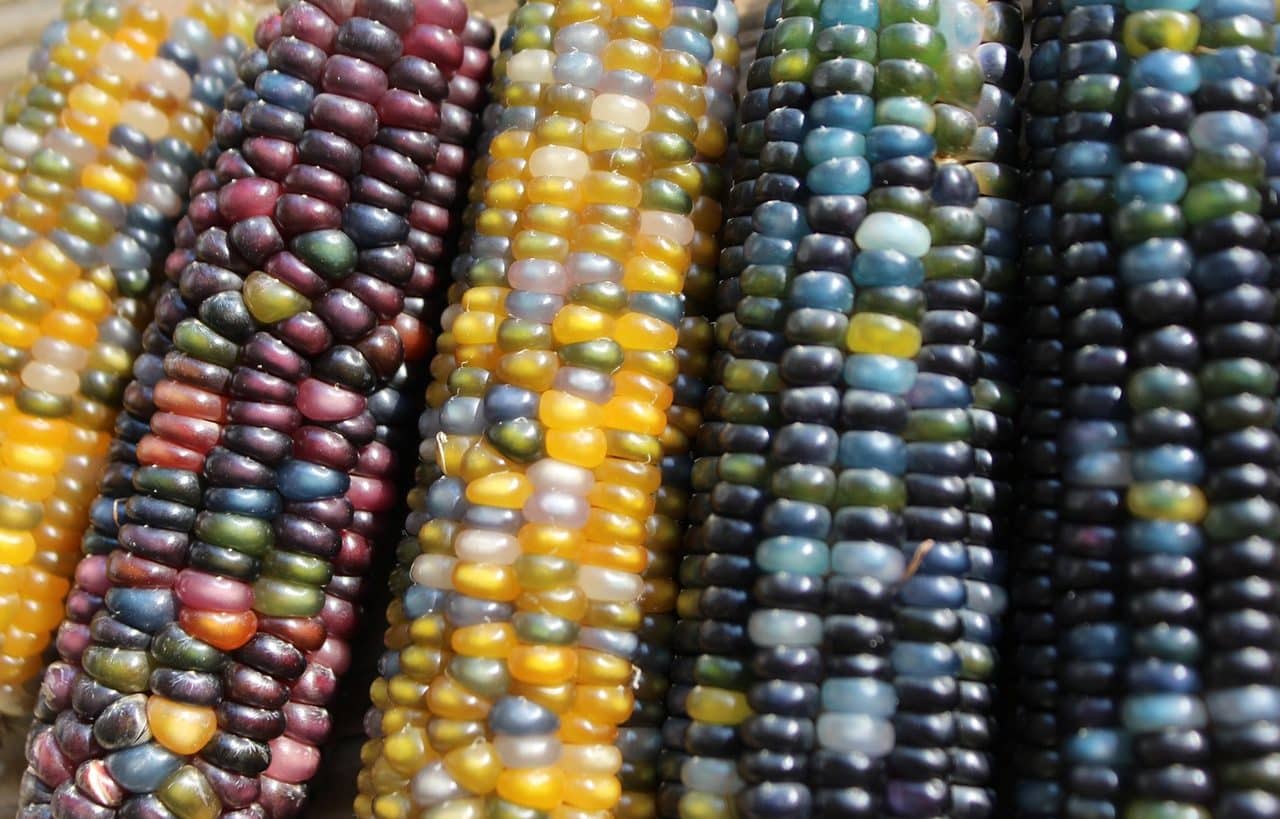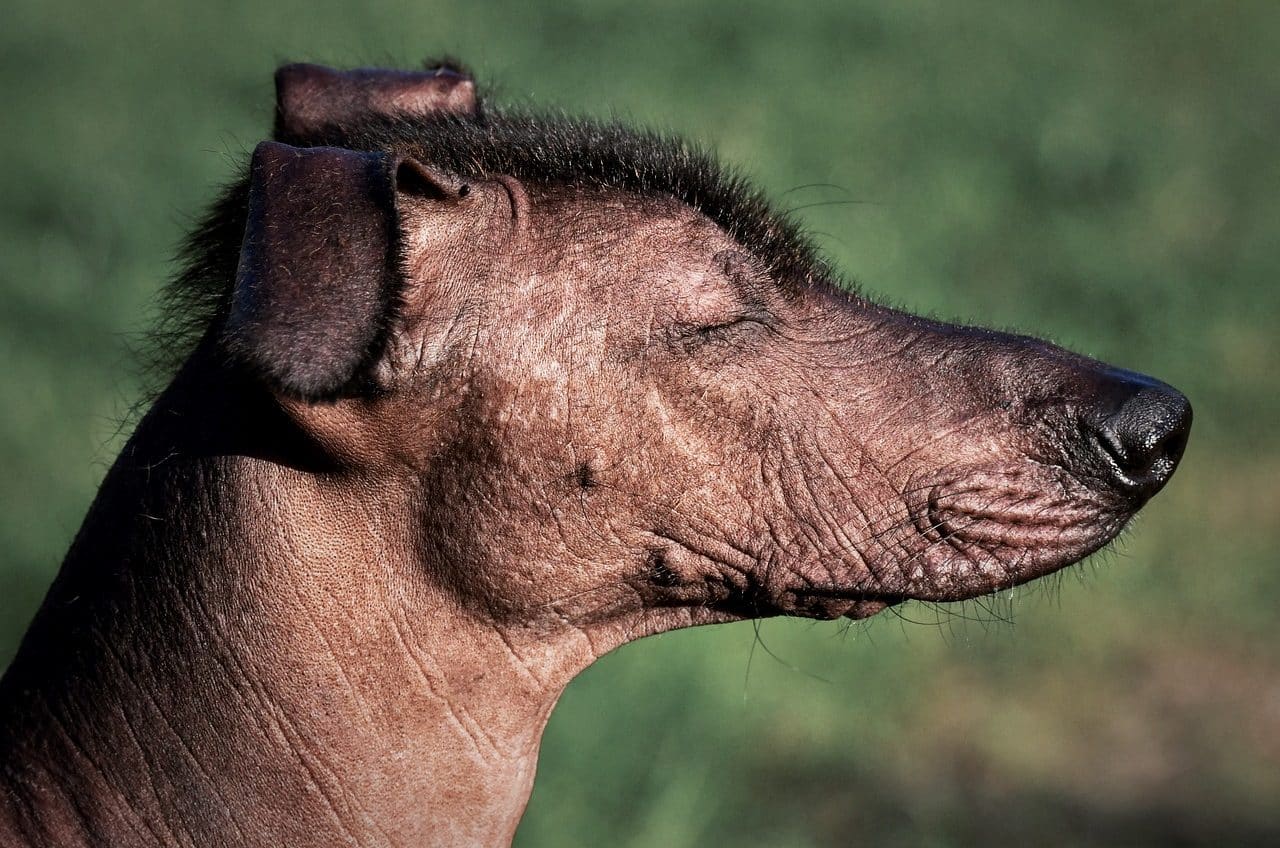
Artificial selection allows us to control and manage the reproduction of species.
Artificial selection is a concept that is used within the framework of a reproduction control and management technique . This selection consists of choosing the phenotypes of the organisms that are grown or bred.
In this way, artificial selection involves manipulation of inherited characteristics . Through science , it is possible to increase the frequency with which genetic changes occur in successive generations. This particularity allows the evolution of species to be guided according to the needs of human beings.
Generally, artificial selection aims to obtain differentiated specimens for reproduction . From new generations, specimens with the desired characteristics begin to emerge in a stable manner.
Artificial selection classification
It is important to know that artificial selection can be classified into several groups, depending on different criteria that are taken into consideration:
- Depending on the methodology used to carry it out, they can be divided into two large groups: negative selection , which is carried out to prevent specimens from being produced with certain characteristics that are not desired; or positive selection , which is carried out to encourage the reproduction of specimens that have certain identifying characteristics.
- Depending on the planning that has been used, it can be said that there are two types of artificial selection: unconscious , when the plan is not established but arises from certain preferences; and the conscious , when there is an established and fixed planning.

The xoloitzcuintle dog emerged through artificial selection.
Some examples
Among the clearest examples of artificial selection or that have given rise to known specimens are the following:
- The xoloitzcuintle dog , which has physical characteristics that are considered aesthetic for a dog and which serves primarily as a companion animal.
- Cauliflower or broccoli are established to be the result of artificial selection carried out by farmers from the plant known as wild mustard .
- The banana is a fruit also obtained through this process that concerns us, like corn .
- All this without forgetting that different ornamental plants that we have at hand are the result of this procedure.
Artificial selection and ethics
Artificial selection is often a matter of debate as it has ethical implications. Human beings, by using science to select phenotypes, modify natural selection : that is, they alter the course of nature according to their needs.
In many cases, however, artificial selection is accepted without too much question as it becomes a necessity. The increase in world population, for example, requires greater food production: natural selection can help edible plants grow faster and with greater resistance .
